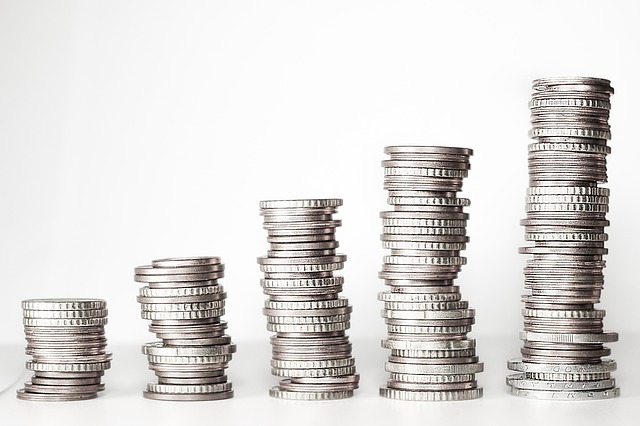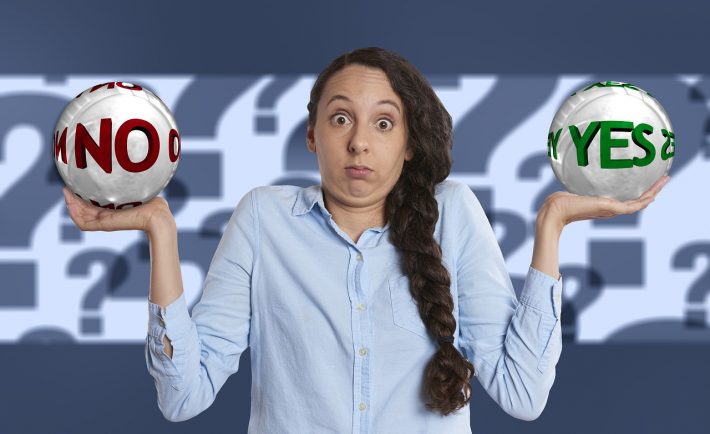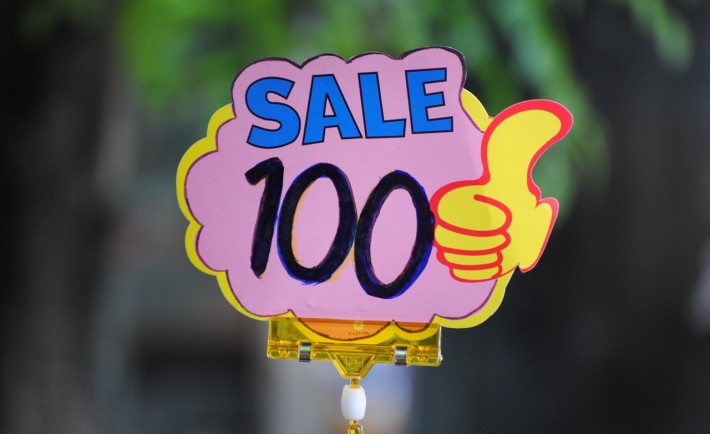When you hear the phrase “value for money”, what is the first thought that pops to your mind? Most people would say that it involves cost-effectiveness. Its definition goes beyond that. Value for money is a utility derived from every purchase or every sum of money spent.
It is based on the minimum purchase price and the maximum effectiveness of the purchase. Simply put, value for money should have four different dimensions. These four dimensions are: economic, efficient, effective, and equitable.
The value of money should be economic in terms of its processing. Inputs must have been procureed at the least cost for the relevant level of quality.
The value of money should be efficient in terms of its outputs. The value of outputs should be considered in relation to the total cost of the inputs.
The value of money should be effective in terms of achieving program outcomes. Sometimes, equity considerations are put in here.
Lastly, the value of money should be equitale in terms of ensuring that the benefits are distributed fairly.
EVALUATION OF VALUE FOR MONEY
There are different ways to evaluate the value for money. Here are just three of the common ones:
1. Cost Utility Analysis
When the evaluator needs to consider individual preferences, this is usually the method that they turn to. This approach takes two or more alternatives and compares their costs to their values. However, it can result to a number of potential outcomes.
2. Cost Effectiveness Analysis
This approach can be employed when you need to compare the programs that aim to achieve the same goal. It involves evaluation of two or more alternatives based on the relative costs and outcomes.
3. Cost Benefit Analysis
If you want to know whether the costs outweigh the benefits then, you must use this method. This approach is the evaluation of alternatives by determining the costs and benefits of each one. It highlights whether a course of action is worthwhile or not.

Image Credits: pixabay.com
It is essential for an evaluator to consider a variety of methods for determining whether an activity is value for money or not.







